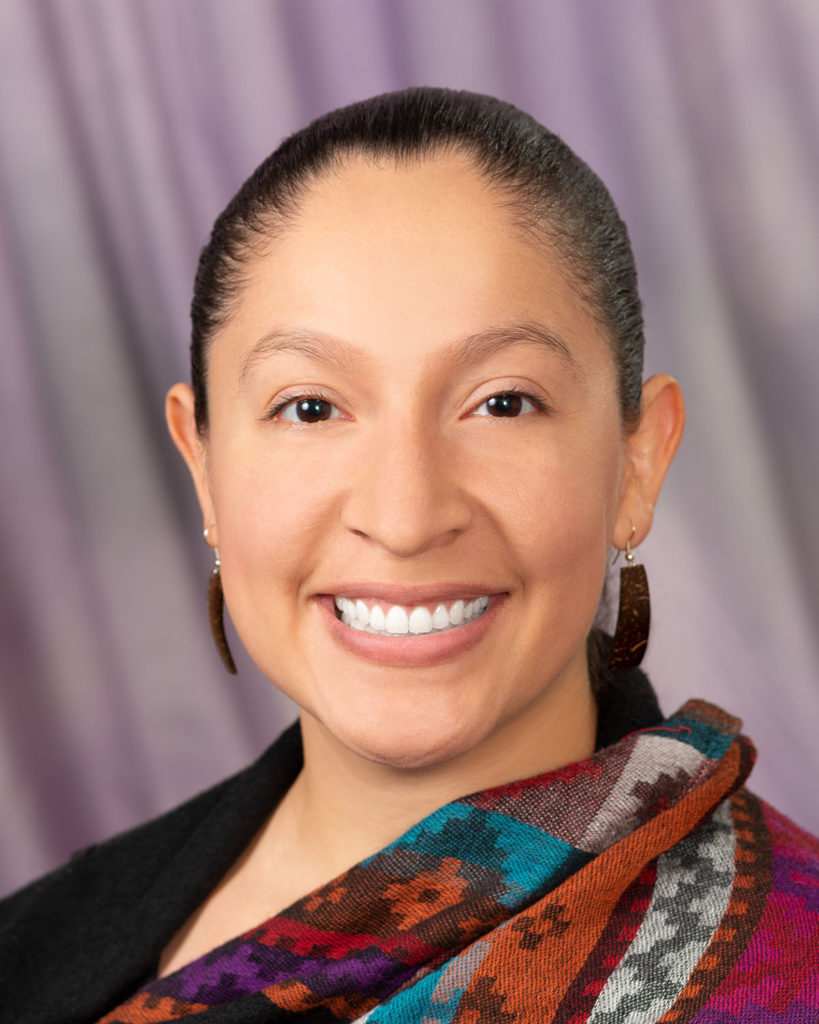By Cari Morales, National Urban Fellow at the Cleveland Foundation
The work of TFN’s new Inclusive Economies working group began in earnest with the group’s November 2019 inaugural annual meeting in Cleveland. This is the second in a series of guest-authored posts that reflect on key meeting sessions and topics. (Click to see the meeting agenda and read speaker bios.)
New investment can be deeply destabilizing to neighborhoods of color, causing displacement that disrupts the economic well-being of residents and businesses, and the cultural fabric of the community as a whole. Inclusive Economies tackled this issue in a panel inspired by “Turning the Corner: Monitoring Neighborhood Change to Prevent Displacement,” a multi-city study of displacement led by the Urban Institute incubated by TFN’s Federal Reserve-Philanthropy Initiative. The Kresge Foundation’s Wendy Lewis Jackson and Bill Taft of the Local Initiatives Support Corporation (LISC) joined the study’s lead author, Kathy Pettit, to discuss how inclusive revitalization strategies are shaping more equitable neighborhood change in communities across the United States. We asked Caracciola (Cari) Morales, a National Urban Fellow at the Cleveland Foundation, to share the session’s most resonant messages.
Having grown up in the inner cities of the Midwest and pursued a career in community development, first at a community development financial institution and now in philanthropy, I’ve engaged with community change from multiple standpoints. Even so, I still wonder how development in under-resourced and -invested communities of color so often goes so wrong. The Inclusive Economies panel on neighborhood change suggested part of the answer may lie in the tendency to prioritize novelty over the familiar.
As in other sectors, innovation has become a touchstone of philanthropy. Yet panelists’ prescriptions for inclusive revitalization were rooted in enduring tenets of community development. A key lesson of the Urban Institute’s recent study of neighborhood displacement was the fundamental importance of community voice in preventing displacement, particularly in neighborhoods where signs of impending change aren’t easily detected by conventional metrics. This points funders committed to equitable revitalization toward investment in basic, grassroots capacity building that strengthens and elevates residents’ and business owners’ place at the table. Inclusive revitalization requires involvement from a full array of stakeholders, but the group that matters most are the neighbors and residents who know their communities intimately, and are present for the long haul.

Turning the Corner: Monitoring Neighborhood Change to Prevent Displacement
The study also underscored the role of strong neighborhood coalitions in shaping inclusive change, affirming the growing call for funder investment in local community organizing and relationship-building across traditional silos. In the “Turning the Corner” study, communities came together around shared data and metrics for monitoring neighborhood change, which empowered residents to engage meaningfully with city decision-makers on planning and policy issues. Similarly, national LISC’s new economic development framework emphasizes direct linkages between local community actors and regional economic and workforce development agencies, and creating a table unified around local priorities.
The panel discussion also reinforced a point made throughout the convening about the need for a steady focus on systems change. As Wendy Jackson put it, “If philanthropy continues to invest in communities but does not change systems, then that’s just burnt money.” If we’re honest about the greatest adverse impacts on communities of color (redlining being a prime example), we must also be intentional about how we as funders use our power to reform harmful systems.
Finally, Wendy’s observation that cultural competency is key to the advancement of economic development spoke to a core principle of place-based racial equity and inclusion: How we as funders show up in communities is as important as the strategies we fund. As the saying goes, change happens at the speed of trust. As professionals in the field, it’s incumbent upon us to understand, respect, and celebrate the communities we serve. With so much at stake, funders must be the change we want to see in the world.
About the Author

Cari Morales is a National Urban Fellow at the Cleveland Foundation with over 14 years of experience in the non-profit sector. Her passion for justice and change have led her to Indianapolis LISC, where she learned to connect people, resources and opportunities to improve communities’ quality of life, and to Pinellas County, Fla., where she organized communities of faith to implement policy changes in dental care, education and the juvenile justice system. Proud of her Puerto Rican and Nicaraguan roots, Cari became involved with the Latinx community in high school, and worked strategically to advocate for immigration rights during college at Indiana University, where she was a co-founder of D.R.E.A.M. IU.
More in this Series
You can read additional takeaways from the inaugural Inclusive Economies meeting in this blog post by Treye Johnson of the Federal Reserve Bank of Cleveland, “Inclusive Economies: Awareness building to more thoughtful action.”
